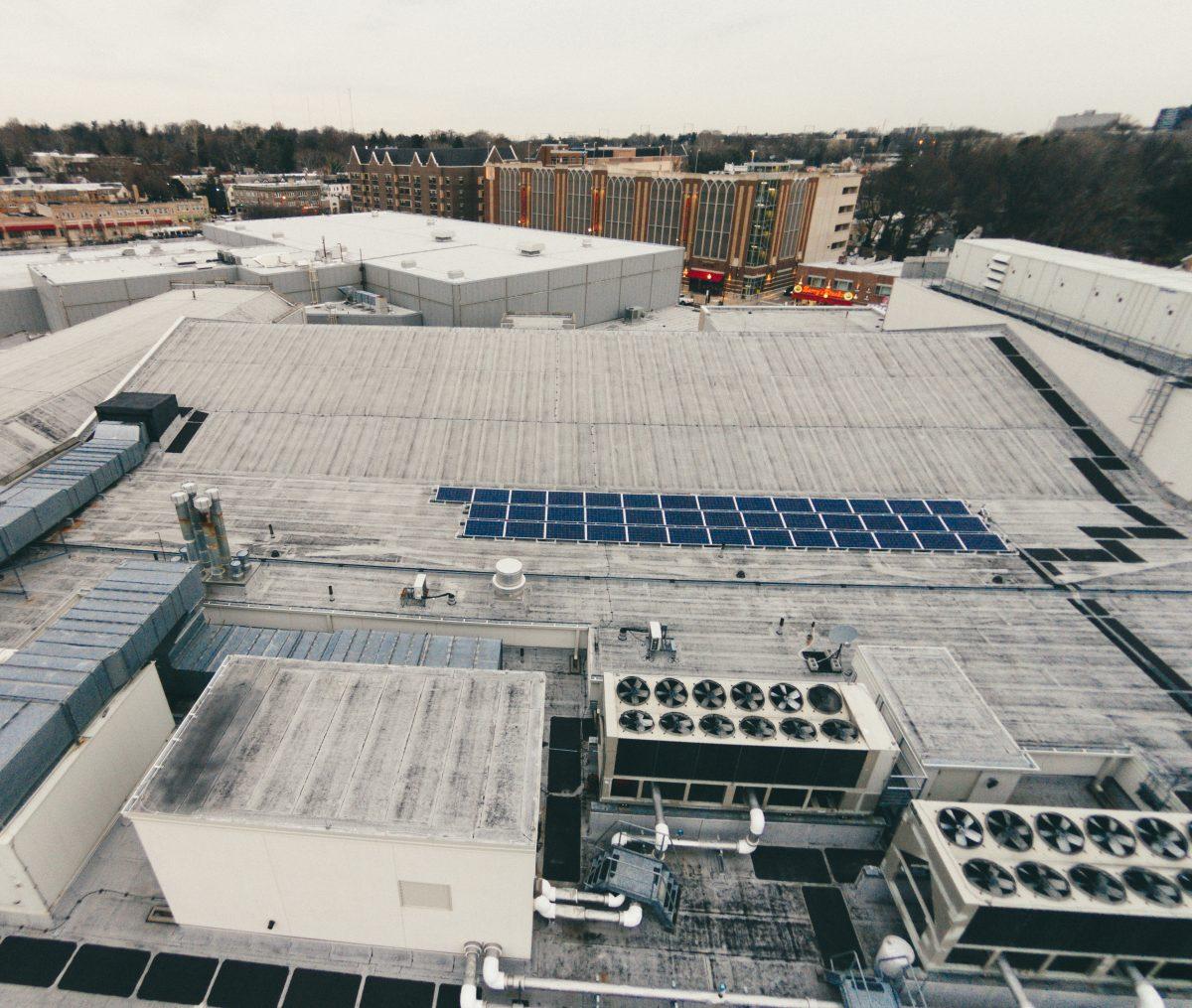President Trump’s tariff on solar panels taxes environment
Last week, President Trump imposed a 30 percent tariff on solar panels imported into the United States. While there is a larger discussion about Trump’s motives for these actions, one thing is for sure: this move does nothing but delay the progression of the switch to clean energy amongst both large companies as well as households.
Solar energy has continued to benefit not only our environment but also our economy more and more each year since 2008. The steadily increasing number of people switching to solar energy, leading to a more expansive job market, has naturally made solar panels more affordable each year. This tariff placed on the solar panels will surely deter more working-class American families from considering utilizing solar energy in 2018 and beyond.
On the surface, the move by Trump to place a tariff on such products seems like an unnecessarily harsh repercussion on the solar panel industry. While that is a fair assessment, there is a bit more to it.
China and South Korea will be most impacted by Trump’s decision because both are major distributors of solar panels to U.S. companies and households. Clearly, one motivation for Trump’s move could be a desire to become less reliant on foreign companies to provide energy and to follow through on his promise to be more strict on foreign trade. Nevertheless, it is curious that Trump has skipped his promise to place a tariff on foreign aluminum and steel and has instead gone straight to taxing environmentally-friendly energy sources.
Former Democratic presidential candidate and renowned environmentalist Al Gore spoke publicly on the matter. Gore noted how the U.S. companies’ stubbornness played a huge role in this move as well. “I don’t typically defend him. [But] I will say, in this case, it really did not start with him,” Gore said. “It could have been handled differently, should have been handled differently, but it’s not an utter catastrophe.”
A positive outlook on the situation would be to hope that the money collected by the government through this tariff is properly allocated towards benefitting solar energy companies within the United States. Allocating the revenues this way could represent a hopeful sliver of bipartisanship in a time where that seems all but entirely lost.
Making long term investments to diminish the effects of climate change is far from the top of Trump’s agenda, but if Democrats were to push for the tariff to benefit the industry it affects, there is no reason this policy could not serve to benefit environmental causes in the long term.
Unfortunately though, time is of the essence in the most sincere way when it comes to switching to clean energy around the country. Most families who, from a moral standpoint, would like to install solar panels will be less likely to do so considering the hefty tariff.
While some may feel that the long term effects of strong-arming Americans into buying American solar panels will stimulate our economy over time, the effect of tariff right now will be to hurt American solar companies that rely on foreign products and to hurt the American solar panel industry for the time being. This tariff means budget cuts and fewer working class, blue collar jobs supplied by solar panel companies.
This is not a decision made with the betterment of our environment in mind. Once again, our planet hasn’t been considered, and when she loses, we all do.














































